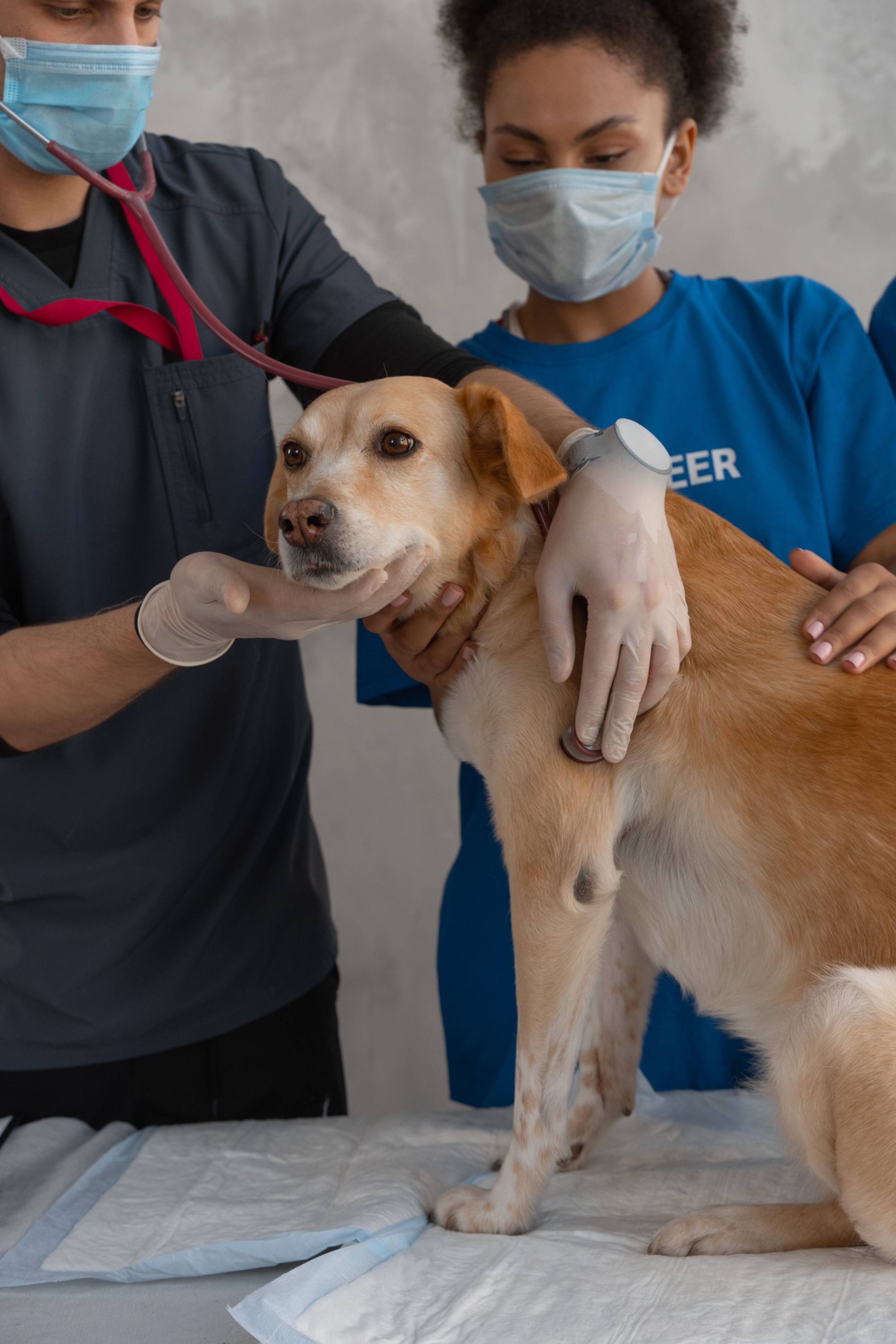Co-operative care


Cooperative care involves training an animal not only to tolerate handling and husbandry procedures, but to actively take part in them. It is based in the theory of consent, and relies on slow training to develop trust and clear communication between the animal and their carer. It has been used for many years in zoos where large, potentially dangerous animals can’t be forced into unpleasant situations without endangering the lives of the handlers. In recent years it has been slowly making its way into the companion animal space.
The most important feature of cooperative care is that the animal is allowed to say “no”, and their choice is respected. This may mean that you need to try again another day, but the more positive experiences your pet has, the more confident they will feel in their environment.
It is crucial to only use cooperative care training techniques in situations where you can stop when asked. If you use cooperative care techniques for a task that cannot be stopped once it has begun, and your pet asks you to stop, you will damage the trust you have worked so hard to build.
Training begins with a “start button” behaviour, something simple that your pet can do and comfortably hold for a period of time. This can be a chin rest, a nose target or laying on a particular mat, there are many options available, just choose what works best for you and what you need. It is important to reward both holding the start button behaviour and moving away. This reinforces to your pet that either option is positive and allows for true choice rather than a more weighted choice. It is possible for positive reinforcement training to become coercive when the only option for getting a treat is to endure something unpleasant.
Once you have a “start button” you can begin to gradually introduce the steps associated with the handling procedure you wish to train. Move slowly, and if your pet moves away from the start button, remember to stop what you are doing or back off. This teaches them that they have control in this situation.
Using cooperative care training will result in more enjoyable grooming and handling experiences for both you and your pet. It will help to build trust and develop a deeper connection between the two of you.